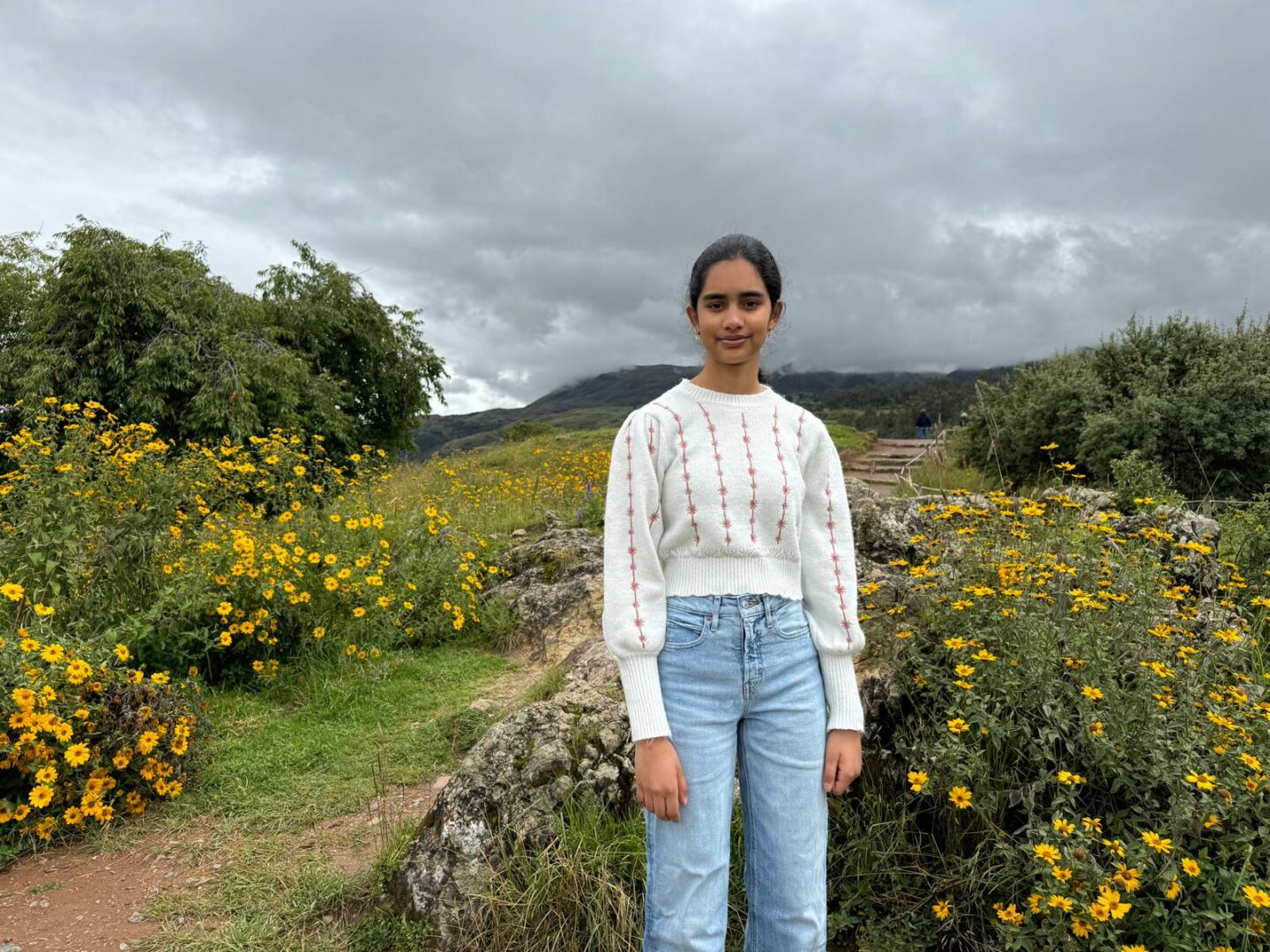We recently connected with Ridhi Gutta and have shared our conversation below.
Hi Ridhi, so excited to talk about all sorts of important topics with you today. The first one we want to jump into is about being the only one in the room – for some that’s being the only person of color or the only non-native English speaker or the only non-MBA, etc Can you talk to us about how you have managed to be successful even when you were the only one in the room that looked like you?
I was born in the epicenter of an Ebola outbreak. I stumbled across the fact one day when reading research articles searching for my next idea, and as I got older, I became obsessed with the question: Why are some diseases ignored while others get all the funding and attention? I started reading about vaccine inequality, then started teaching myself how to code so I could do something about it, but stepping into the world of STEM as a young girl of color wasn’t easy.
I’ve been the only one in the room more times than I can count. I’ve been the only girl in a programming class, the only person who looked like me in a research group, the only student who wanted to focus on diseases like Ebola, Marburg Virus, and Lassa Virus and not just big-name cancers or COVID. At first, I was intimidated. I felt like I had to work twice as hard to be taken half as seriously by people who didn’t even matter to me. The gender disparity in both biology and technology is immense, and I’ve been ridiculed by teenage boys at my school and even misogynistic male teachers. I saw very few girls around me stepping into the more engineering centric side of STEM and even fewer making a real impact in their community. It’s very easy to become overwhelmed and intimidated by large groups of guys in STEM classes who think that they know everything and you know nothing.
I found that the best way to be effective and successful was to tune out the noise and keep going regardless of what other people said or thought. I taught myself everything about computer science in one summer, went head to head with the very same boys who had ridiculed me for my entire life, and I won. I stopped listening to what other people had to say and started focusing on what it was that I wanted to do. I learned to exist in a room full of people who looked nothing like me by using my identity as a strength to differentiate myself. Once I started tuning out all of the misogynistic opinions, I was able to use my story as a tool to prove how I strong and resilient I am. I started designing my own vaccine prediction pipeline for neglected viruses, taught myself everything from protein modeling to peptide-MHC binding, and never let being underestimated slow me down.
Perhaps the most ironic strategy I found to be effective was leaning into my femininity. As a girl, there is often an additional expectation that you must look pretty and speak in a very feminine way. Any other approach threatens the majority and gets you outcast. By leaning into the demure, feminine look and way of communication, people actually started to take me more seriously. People don’t realize that your image is just as important as your accomplishments, and reinventing my image ultimately helped me stand out and assert myself. As I often tell myself, “to break the mold, you must first conform to it.”
While I hated the feeling of being singled out and mocked at first, I ultimately found that being the only one in the room taught me how to hold my ground. It taught me to speak up even when no one else is talking about the things I care about, and most of all, it taught me that sometimes the most powerful thing you can do is simply stay in the room. If you simply stay in the room and stay passionate, you will become successful eventually.
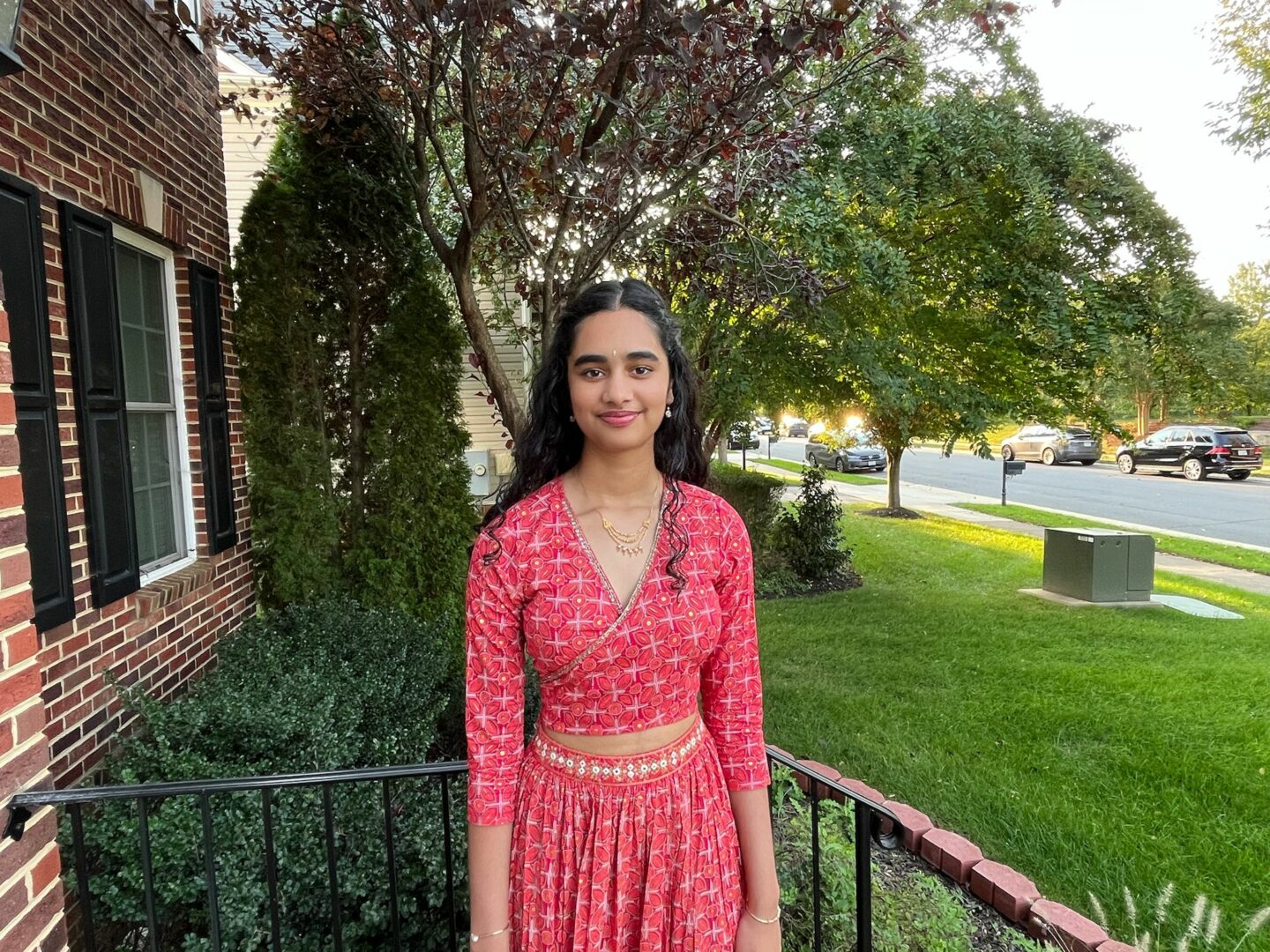
Great, so let’s take a few minutes and cover your story. What should folks know about you and what you do?
My work bridges engineering, vaccine technology, entrepreneurship, and educational equity and I often describe it as a spider web. Each strand grew from the last: from the mRNA vaccine research came a passion for global health, which sparked entrepreneurial spirit, which led to confronting the systemic disparities I faced as often the only young girl of color in the room. That awareness evolved into advocacy for opportunity access in STEM with each step reinforcing my mission to build a world where science is both innovative and inclusive.
My research centers on mRNA vaccines, with projects addressing major global health threats like Ebola, MERS, Marburg virus, and multiple cancers. I’ve presented at 7 PhD conferences so far and have publications in ranked biology and engineering journals! Out of this work came Vaccelerate, an mRNA-centered synthetic biology project designed to speed up the development of lifesaving vaccines. Vaccelerate earned Top Honors at the Diamond Challenge, the world’s largest teen entrepreneurship competition, a recognition that underscored the real-world potential of research that is both scientifically rigorous and deeply human-focused.
This research also led to the development of GENOMI, a patent-pending platform built to accelerate synthetic biology and gene-to-gene interaction analysis. GENOMI streamlines the discovery of mRNA-based therapies and is poised to become a key contributor to the future of personalized medicine. My journey stretched from theoretical application to addressing practical commercial issues, which is actually what inspired my foray into commercial bio manufacturing.
Beyond the lab, I’m the founder of MediQuills, a youth-led vaccine literacy organization that has reached over 10,000 children in 12 countries across 5 continents. We’ve published four #1 bestselling books and two Top 10 international bestsellers, and launched student chapters across the U.S., including our newest at Connections Academy in Minnesota. MediQuills makes science approachable, digestible, and empowering for the next generation.
Most recently, I launched Sirel.org, now the world’s largest curated STEM opportunity database for youth. Born from my own experience navigating access gaps in science, Sirel.org helps students especially girls, BIPOC youth, and those in under-resourced schools find scholarships, research programs, internships, and fellowships to pursue their dreams in STEM. Sirel.org is already used by students in over 30 countries and we’re excited to continue expanding.
For my research, social advocacy, and entrepreneurship, I was recently recognized as 1 of around 30 inspiring teens internationally and was even named Inspiring Teen Girl of the Day by “Inspiring Teens Magazine.” I have an upcoming feature in the print edition of the magazine so stay tuned for that!
Whether I’m running an algorithm, presenting a solution on the global stage, or building platforms for equity, I always aim to make science a force for transformation. I believe that everyone should we welcomed in, and I make it my personal mission to further this effort.
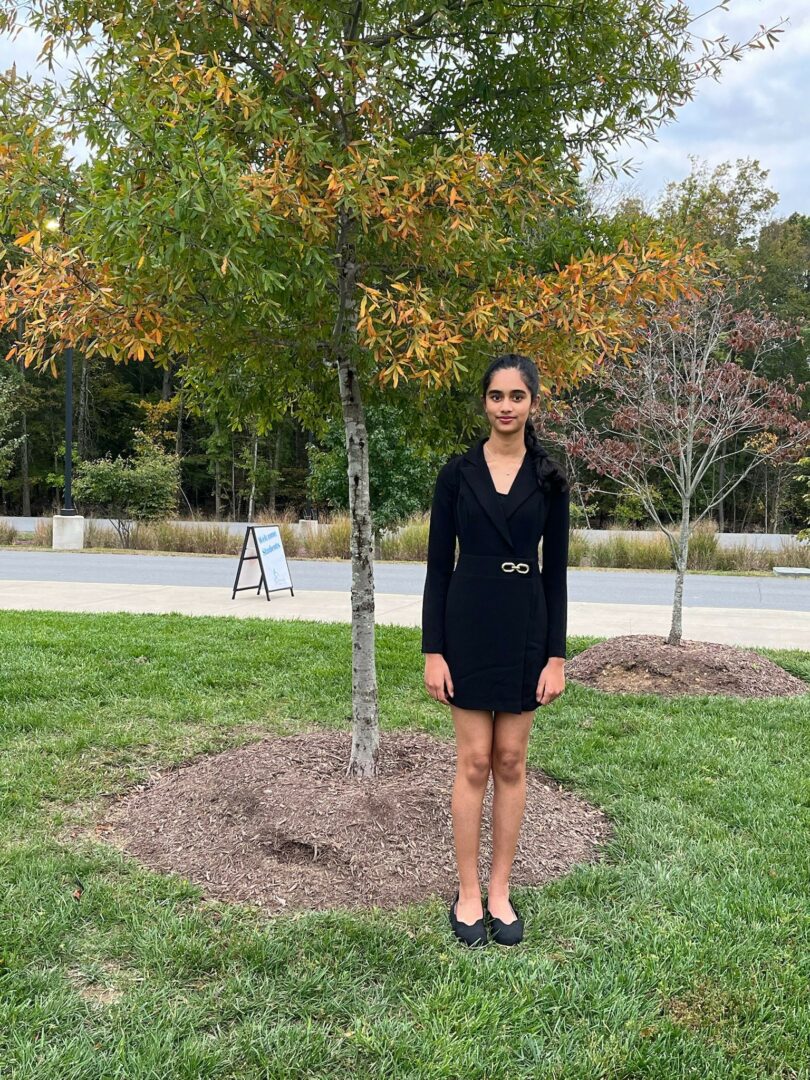
Looking back, what do you think were the three qualities, skills, or areas of knowledge that were most impactful in your journey? What advice do you have for folks who are early in their journey in terms of how they can best develop or improve on these?
I think that the three most impactful qualities that helped me get where I am are ambition, entrepreneurial spirit, and resilience.
Ambition gave me direction long before I had any roadmap. It was the inner fire that made me believe I could contribute to global health and technology even as a teenager. I didn’t wait to be old enough or qualified enough to begin. I started with what I had and where I was. That mindset led me to pursue research in vaccine biology, start social and business ventures, and publish policy and books internationally all before college. My advice would be to let ambition be your compass, not your comparison. Define your own version of impact, then chase it with conviction. You don’t have to limit yourself to what other people think is possible. If I’ve learned anything on my journey, it’s that it’s always possible to rise to the next level; it’s just up to you to pave the path.
Another thing that I’ve learned is that research, no matter how brilliant, doesn’t change the world until you “venturify” it. That means translating complex science into real solutions, accessible tools, or startups that actually reach people. For me, this took the form of launching MediQuills to promote vaccine literacy and GENOMI to accelerate synthetic biology innovation. “Venturifying” my research gave it wings and helped me a real impact in my community. My advice would be don’t wait for permission to build something. If your work solves a real problem, ask: How can I get this into the hands of the people who need it?
No meaningful journey comes without resistance. I’ve faced canceled opportunities, cultural doubt, and many many logistical walls but resilience is what turned those obstacles into redirection points. When I lost a prestigious internship due to funding cuts, I didn’t stop. Rather, I created new opportunities that ended up reaching even more people. My advice would be: expect setbacks, but instead of seeing them as roadblocks, see them as redirections. The path to impact is never a straight line.
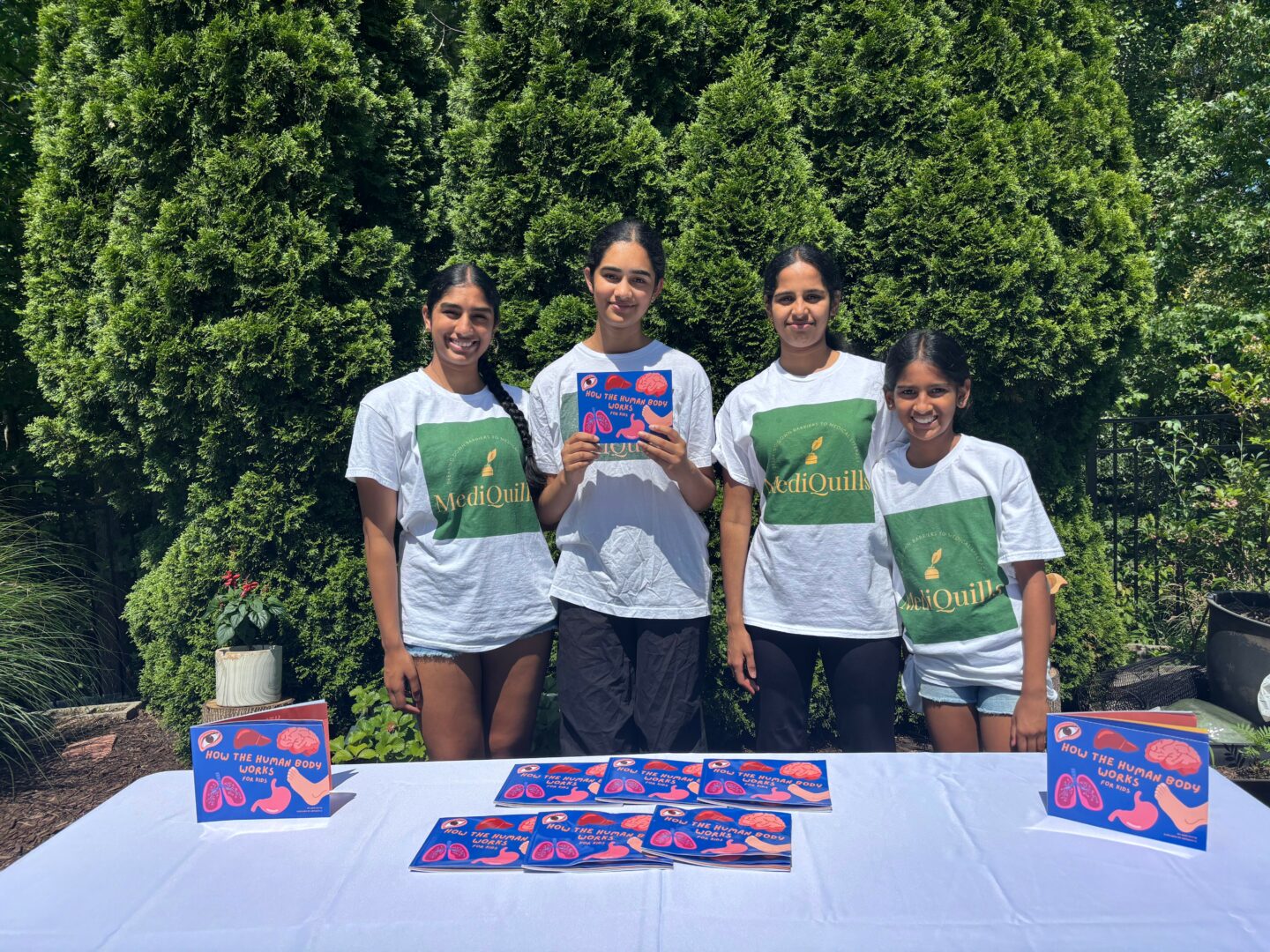
Before we go, maybe you can tell us a bit about your parents and what you feel was the most impactful thing they did for you?
I genuinely believe that the success of teenagers is entirely dependent on their parents. I’ve seen people come and go around me. I’ve met incredibly smart individuals who simply don’t have ambition because they are content with their parents’ praises. I’ve met incredibly ambitious people who are unable to garner the support of their parents. In my case, I am lucky to have both supportive and pushy parents.
The most impactful thing my parents did for me was support me even when what I was doing didn’t make sense to anyone around us. There weren’t a lot of people in our community starting ventures, diving into research, or traveling for competitions, but my parents never let that stop them from backing me up.
They didn’t always fully get what I was working on, and they definitely had questions, but they never doubted that I was capable. My mom is the reason I’m so ambitious. She’s always pushed me to go further and not settle, even when I’ve accomplished something big. I didn’t like that pushing when I was younger, but I am incredibly grateful for it now. I’ve observed that those who are overly lauded by their parents early on She expects more from me not out of pressure, but because she genuinely believes I can do it, and my dad has sacrificed so much to show up for me. He’s taken more days off than I can count to come with me to events because he didn’t feel comfortable letting me go alone. His support truly is an anomaly to me. I’ve never witnessed a parent be as dedicated to the extracurricular success of their child as he is. I do love my mother, but my father is the reason that I am able to do as much as I am today.
Their support didn’t come from having all the answers. Rather, it came from trust and belief in me, and that’s made all the difference.
Contact Info:
- Website: ridhigutta.com, mediquills.org, sirel.org
- Instagram: @ridhigutta, @mediquills, @get.sirel
- Linkedin: https://www.linkedin.com/in/ridhi-gutta-614803284/
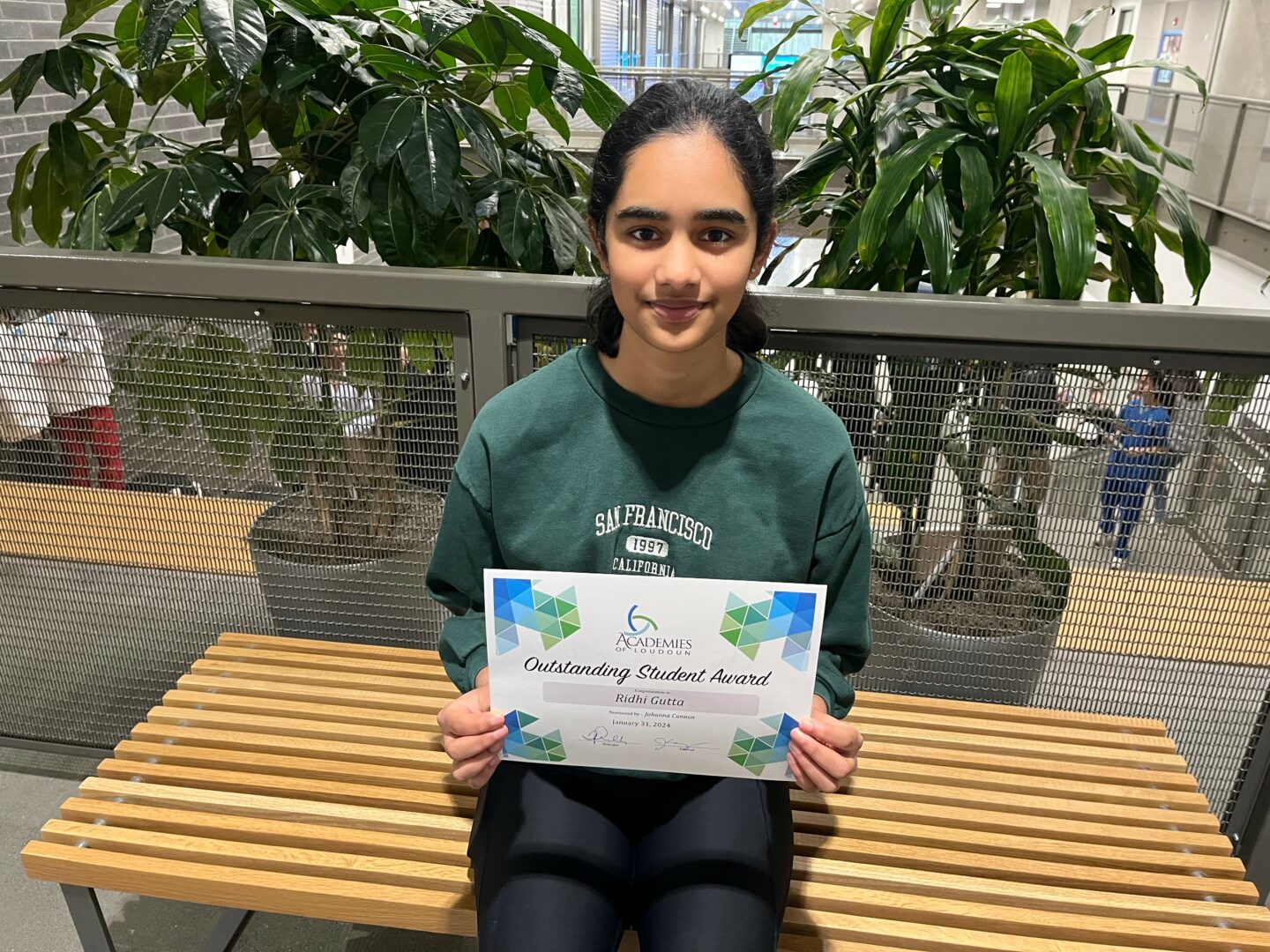
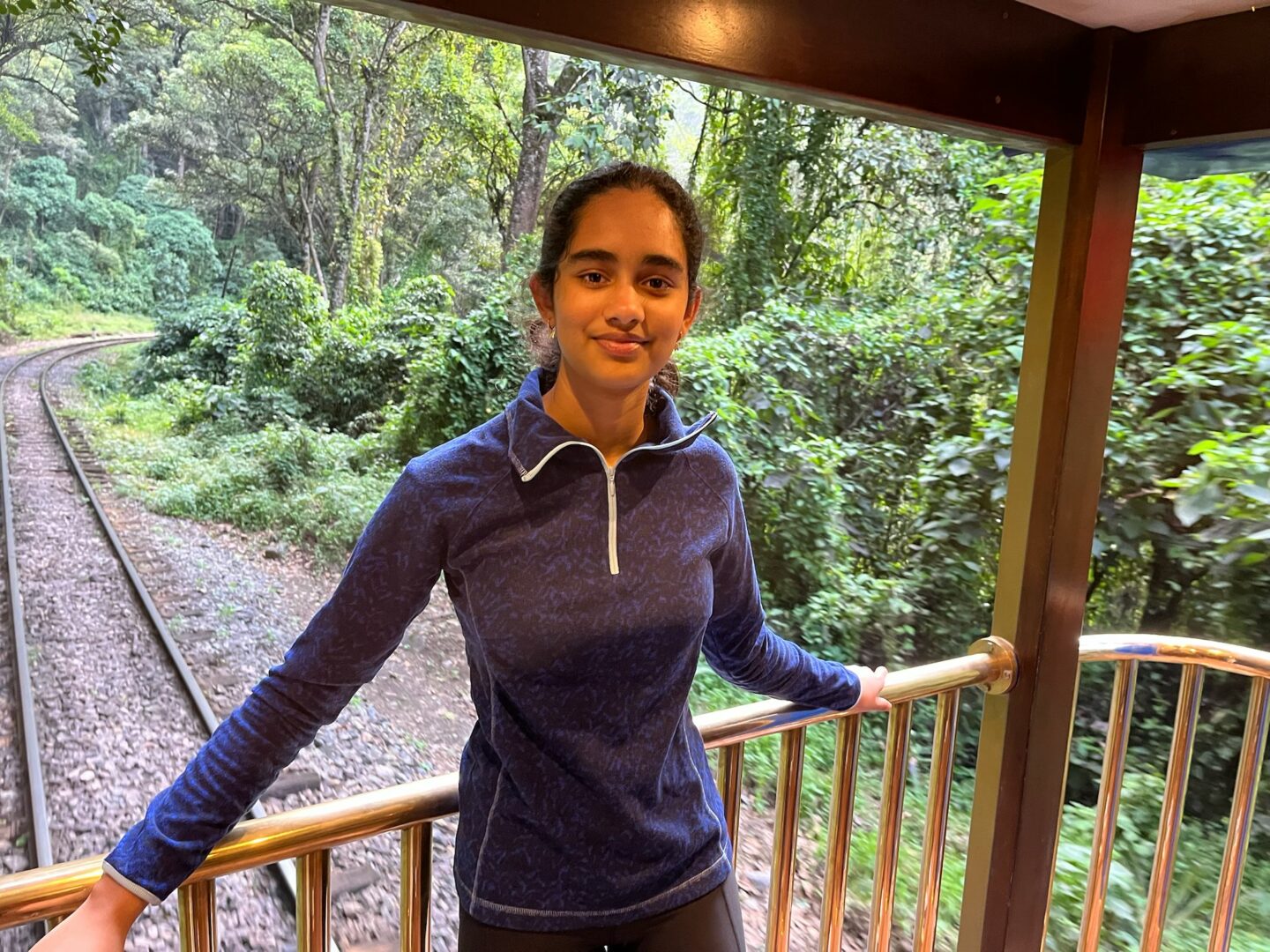
Image Credits
Jyothirmai Koorapati Ramesh
Ramesh Gutta
so if you or someone you know deserves recognition please let us know here.

